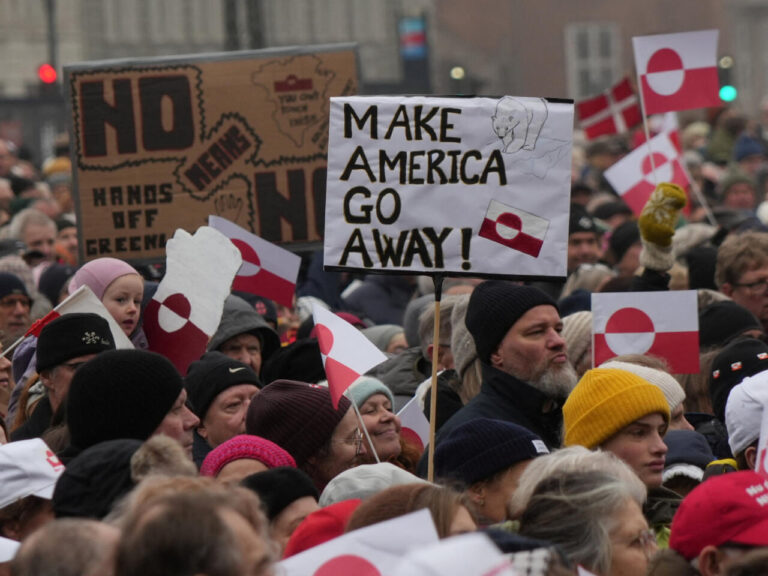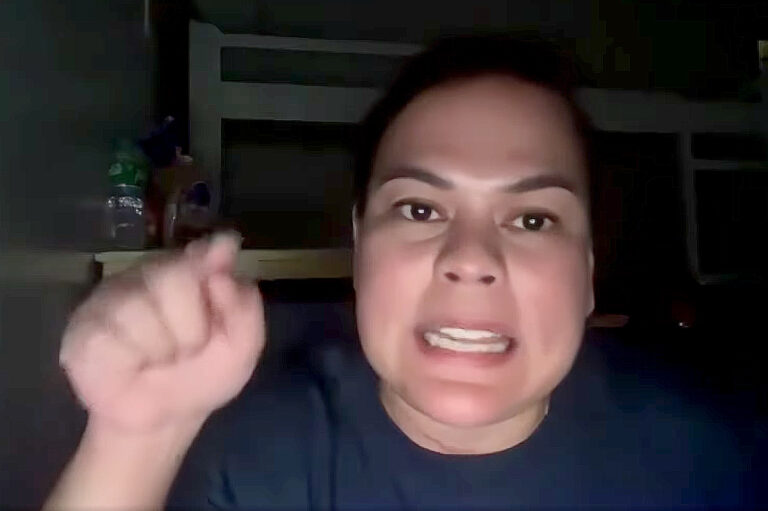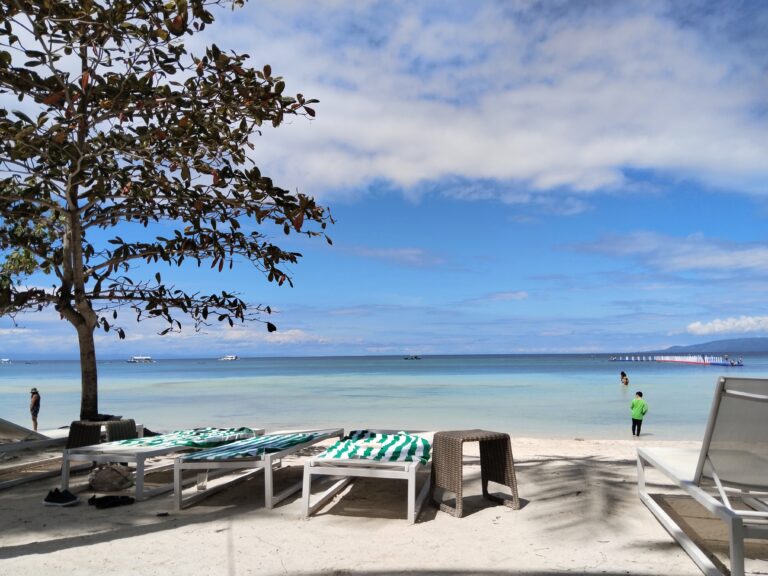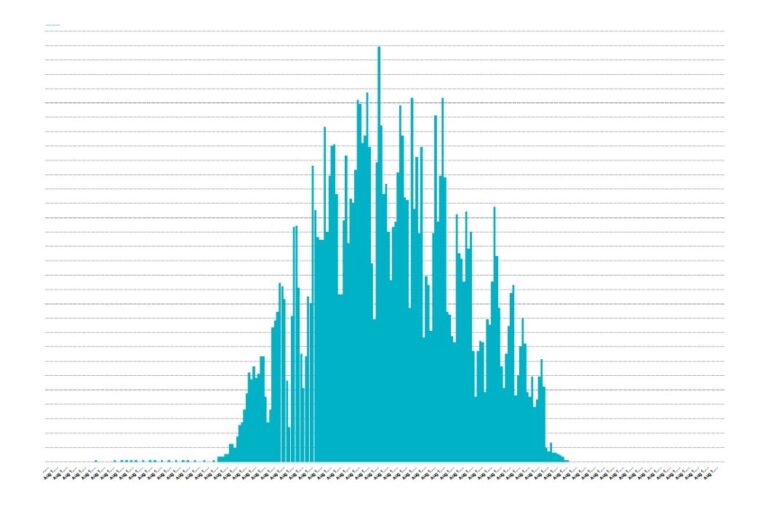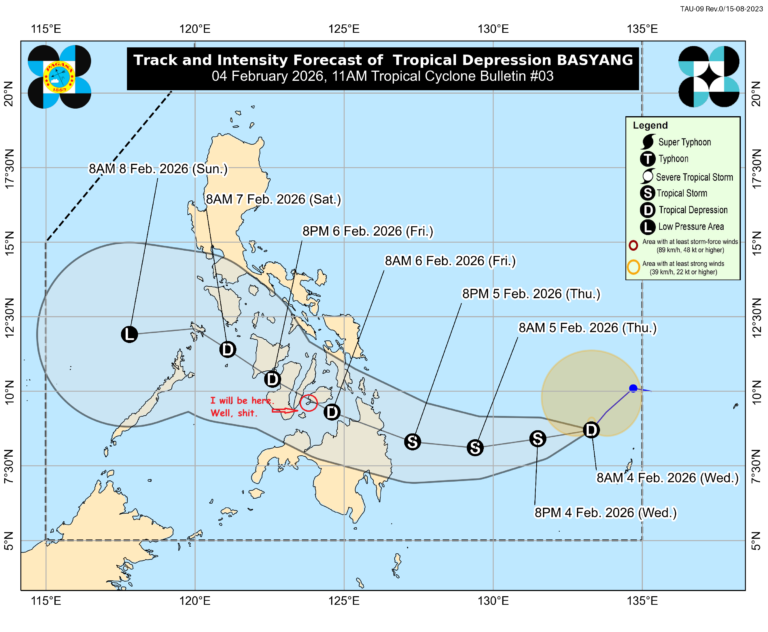How Trump’s and Netanyahu’s war based on lies could...
SERIOUSLY, why hasn’t anyone tried harder to cap this...
This was my Manila Times column for Tuesday, Feb. 17. History...
I liked it. Let’s clear this up right off...
THE big news here in the Philippines during the...
This was my Manila Times column from Sunday, February 15, 2026,...
PANGLAO ISLAND is one of the Philippines’ top tourism...
Hi! How’s everyone doing? I’ve had a week that...
THERE are times when I think that if it...
AS early as this week, the Philippine government may...



